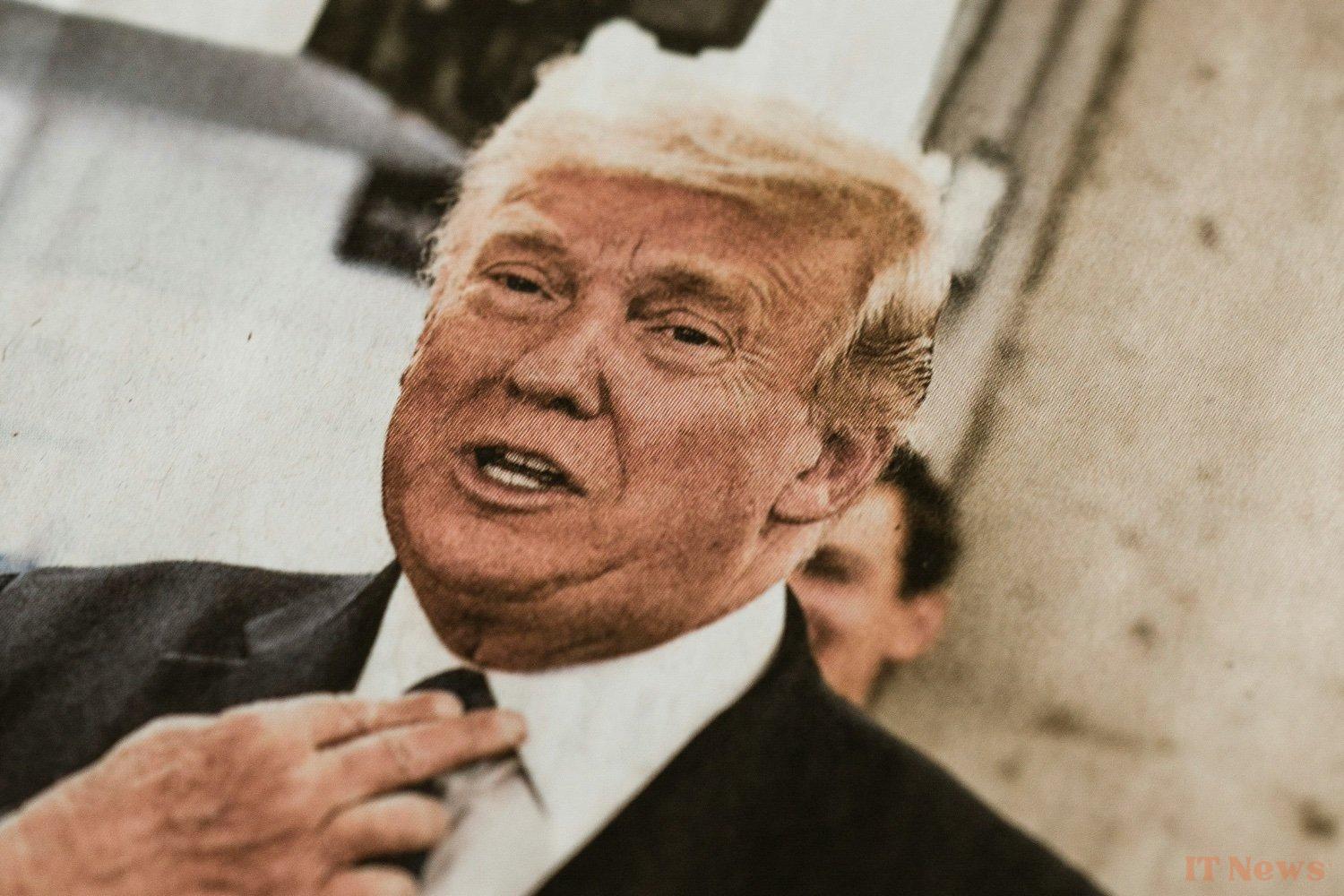Donald Trump's threats are getting a little more specific. During a conference with Republican representatives, the American president criticized the big names in American tech that have their chips manufactured in Taiwan. Apple, AMD, Broadcom, Nvidia and Qualcomm rely on TSMC's production lines, where the most advanced and refined components are manufactured.
Taiwan in Donald Trump's sights
"In the very near future, we will impose customs duties on foreign production of electronic chips, semiconductors and pharmaceutical products to repatriate the production of these essential goods to the United States," said the new strongman of the White House. "[These American companies] left us to go to Taiwan; we want them back."
And there is no question of playing checkbook politics, as with his predecessor and the CHIPS Act program, which allocated $52 billion to companies to manufacture chips on US soil. “We don’t want to give them billions of dollars like this ridiculous Biden program that gave billions to everybody,” Trump explained in his inimitable style. “They already have billions of dollars. They didn’t need the money. They needed an incentive.”
And that “incentive” is nothing more than additional tariffs: “they’re not going to want to pay a 25%, 50%, or even 100% tax.” In any case, it will be much higher than the current 2.5%, as Bloomberg points out. The problem is that building factories takes time and significant investment, and it can’t be done by simply demanding it. In the meantime, American consumers can expect significant price inflation on electronics.
According to a study by the Consumer Technology Association (CTA) last year, imposing a 60% import tariff on all products from China would result in an average price increase of 46% on laptops and tablets, 40% on consoles, and 37% on smartphones. It will also be interesting to see how Nintendo plans to get out of this mess as the price of the Switch 2 will (probably) be revealed on April 2.
Exceptions to these customs duties are still possible. Tim Cook, an ally and supporter of Donald Trump, hopes that his support will prevent Apple from suffering these increases, which are expected to be very difficult for business. The United States remains the world's leading market for the computer manufacturer. During Trump's first term, the Apple CEO had skillfully played his part in avoiding import taxes. Will he succeed in the second?



0 Comments